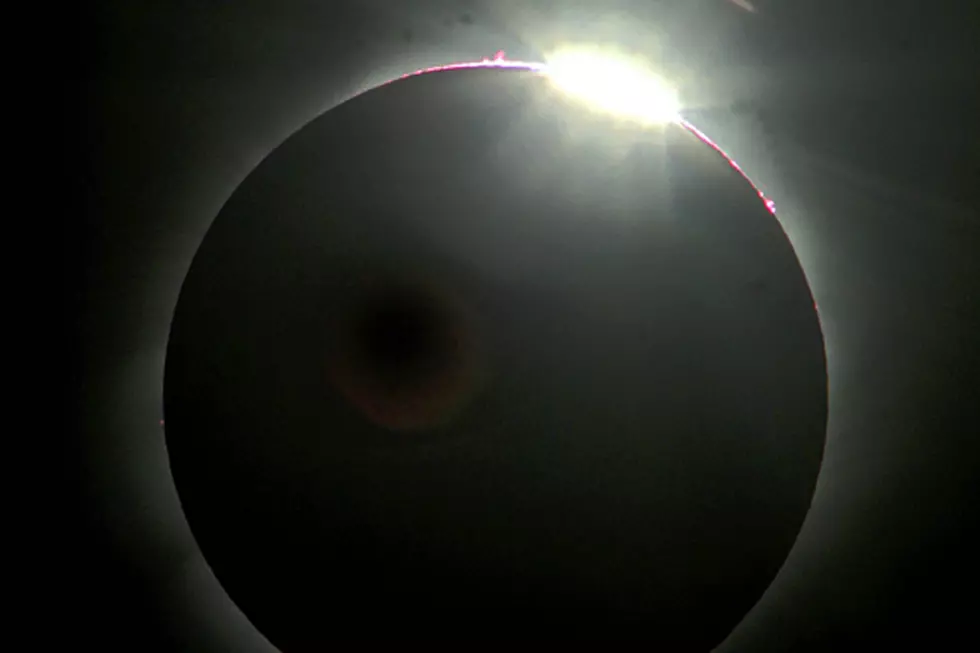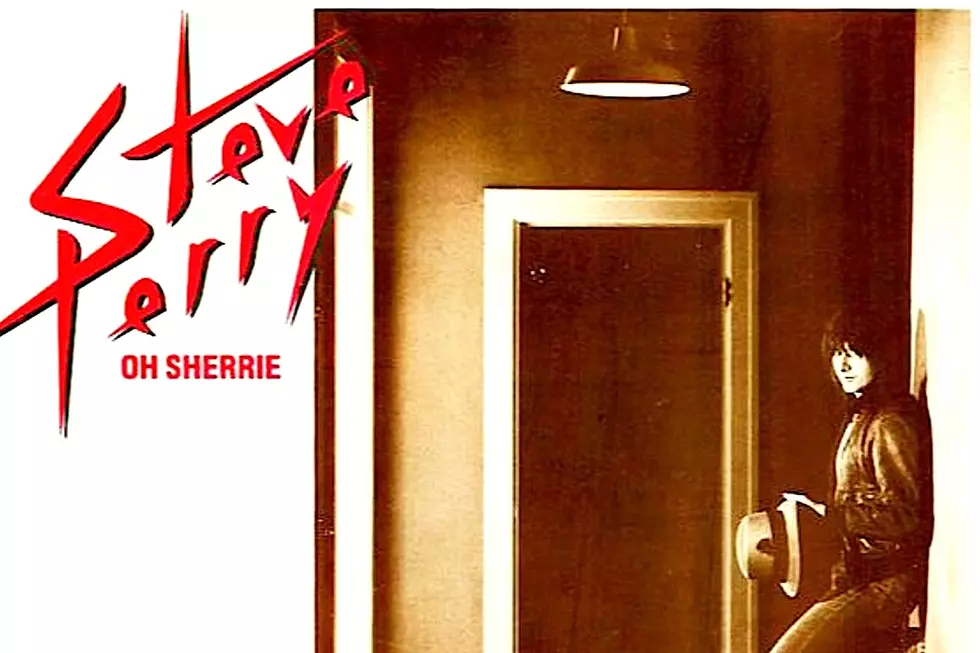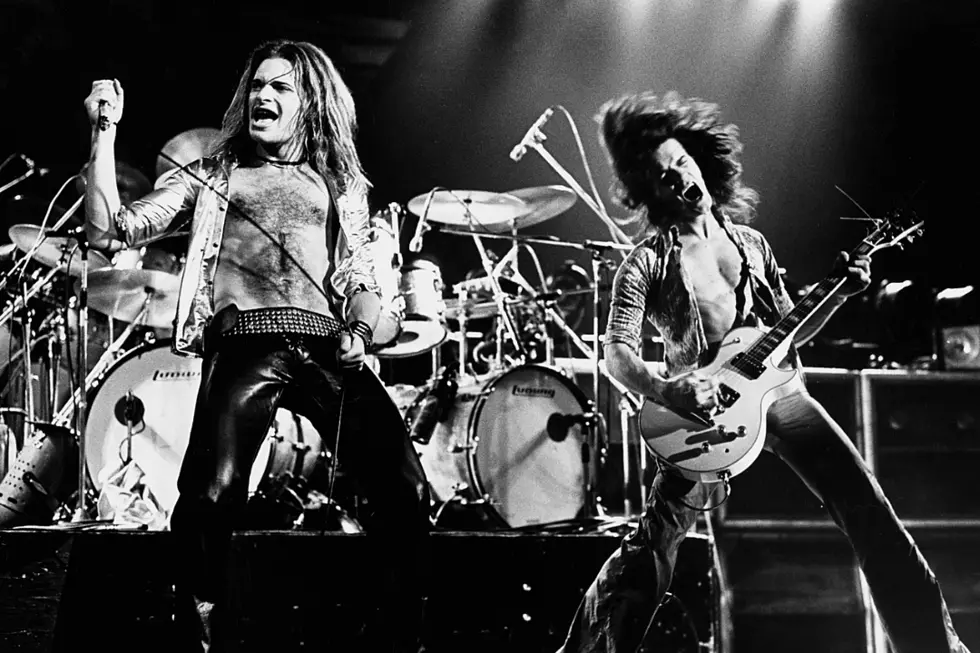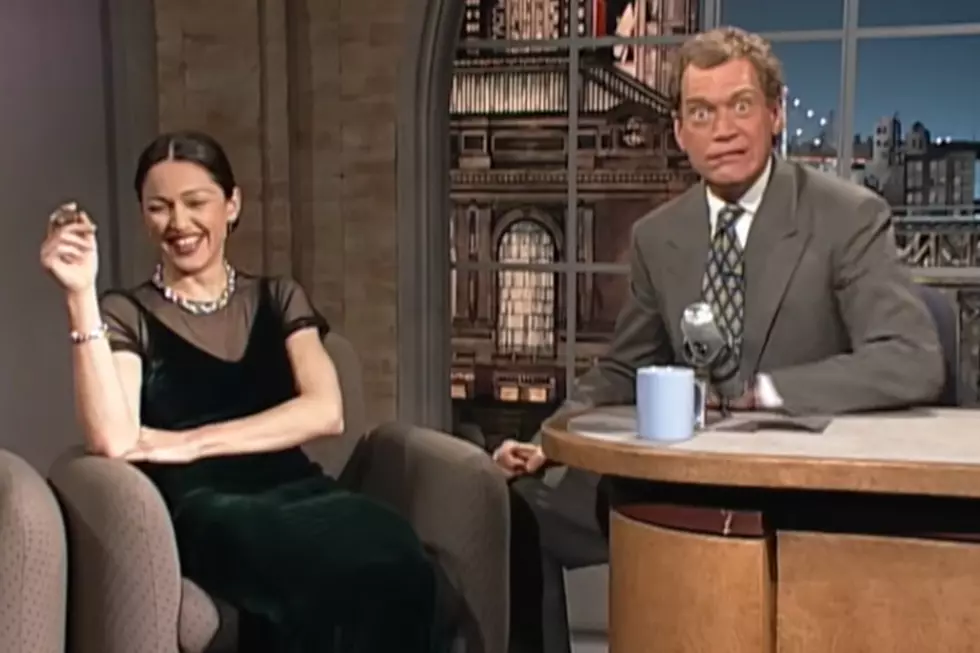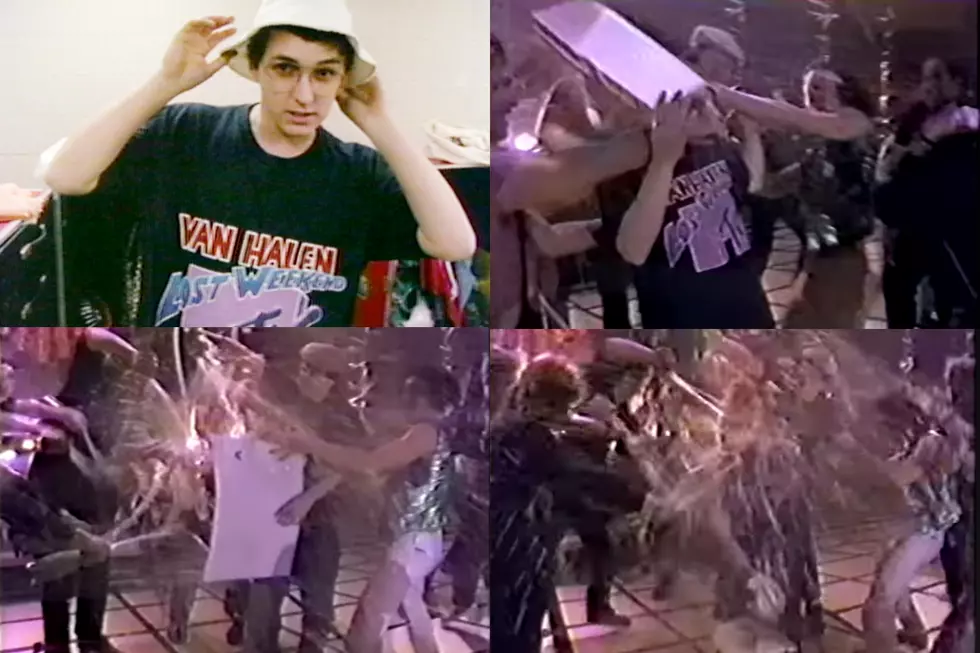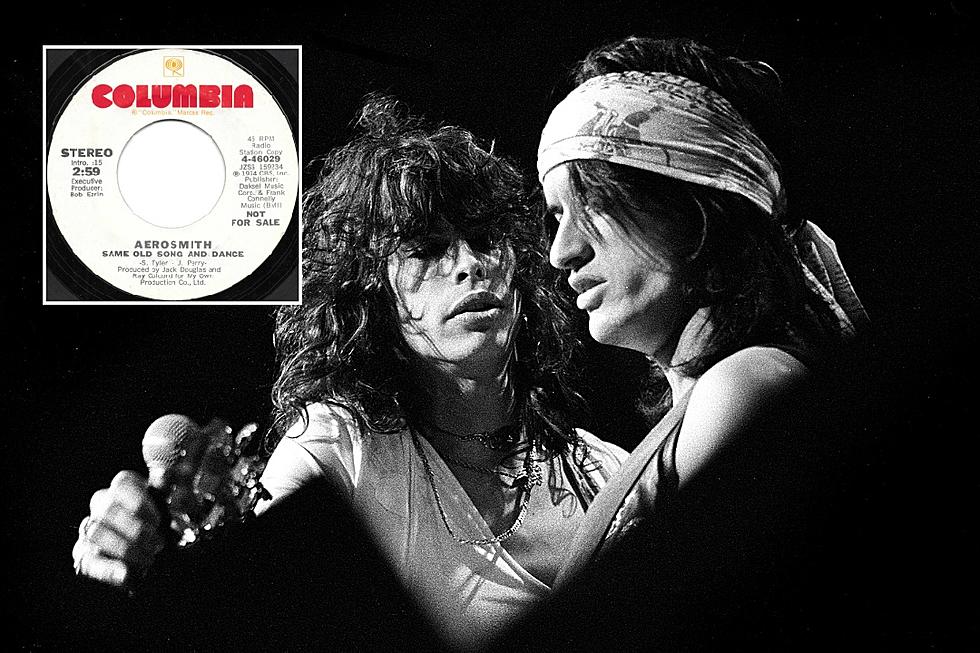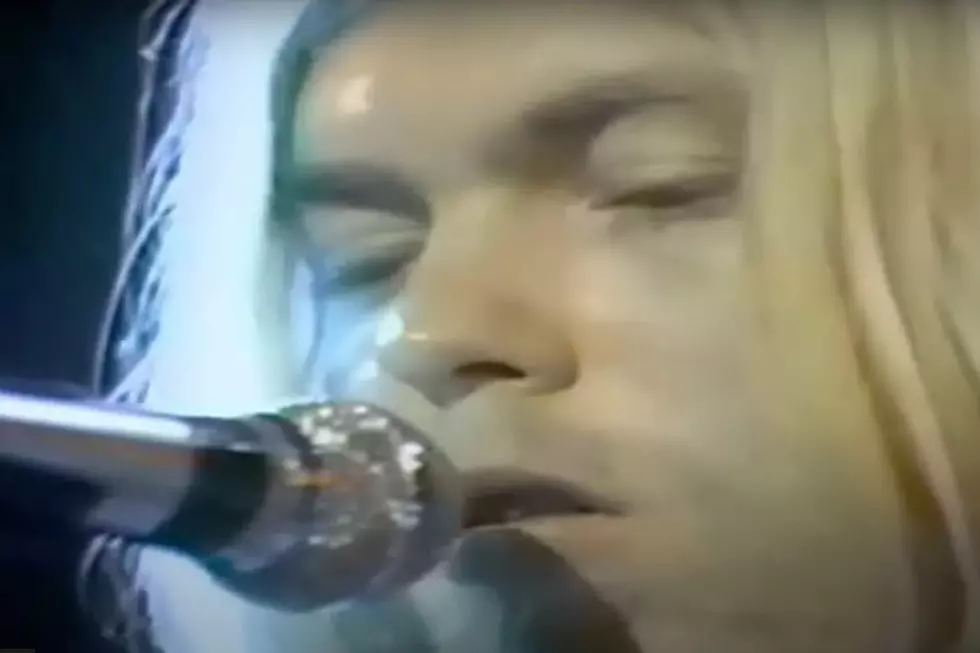
When a Legendary Concert Marked the End of the Fillmore East
Bill Graham's Fillmore East played host to rock royalty over a few short years that included Jimi Hendrix, Janis Joplin, Eric Clapton, the Byrds, Led Zeppelin and the Grateful Dead. Joe Cocker and the Allman Brothers Band recorded groundbreaking albums from its stage.
Then Graham found himself tired of the direction taken by the concert industry and closed the hall after an epic weekend that ended on June 27, 1971.
The June 25-27 shows were headlined by the Allmans; also featured were bluesman Albert King, who had played the venue's first night, and the J. Geils Band. The June 26 date ended with a marathon performance by the Allman Brothers Band that lasted well into Sunday morning.
"That was a special show," Dickey Betts later told Rolling Stone. "We played until daylight that morning. I remember it was dark in there, and when they opened the door, the sun about knocked us down. We didn't realize we had played until seven, eight o'clock in the morning. Bill Graham just let us rattle and nobody said, 'We gotta cut the time.' It was just a really free kind of thing."
The band's late drummer Butch Trucks added: "We played for roughly seven straight hours with everything we had. We played a three-hour set and then came back out. The feeling from the audience, not necessarily the volume, but the feeling was just so overwhelming that I just started crying. Then we got into a jam ... that lasted for four straight hours – nonstop. And when we finished, there was no applause whatsoever. The place was deathly quiet.
"Someone got up and opened the doors, the sun came pouring in, and you could see this whole audience with a big shit-eating grin on their face, nobody moving until finally they got up and started quietly leaving the place," Trucks added. "I remember Duane [Allman] walking in front of me, dragging his guitar while I was just sitting there completely burned, and he said, 'Damn, it's just like leaving church.'"
The drummer ran into Graham, and he "grabbed me around the neck so hard it hurt and said, 'Thank you, thank you, thank you, for that show.' 'It made all the years of crap I had to put up with worth it,'" Trucks told Forbes. "And I’ll never forget what he said next: 'If I had my way, when you finished this morning I would be sealed up in my bubble and gone off to wherever I’m going.'"
The final set on June 27 was an invitation-only event. Marred by bomb scares earlier that day, the performance was simulcast live by New York FM radio stations WNEW and WPLJ. Scheduled acts were joined by special guests Edgar Winter's White Trash, Mountain with Leslie West, Country Joe McDonald and the Beach Boys.
Listen to the Allmans Play 'Hot 'Lanta' at the Final Fillmore East Concert
Live at the Fillmore East & West later offered a glimpse behind the scenes: "After Mountain's set, the Beach Boys arrived backstage and unloaded their gear. Their road manager then informed Bill Graham that the Beach Boys would be closing the show. 'And Bill didn't even look at him,' Trucks said. "He just said, 'Well, you can go ahead and pack up your shit and get out of here. I've got my closing act,'" the drummer added.
"The Beach Boys then went on, playing songs from their new album Surf's Up, which received a cool reception from the audience," Trucks said. "It wasn't until they played a medley of their old hits that they connected." Graham introduced his headliners by saying, "In all my life I've never heard the kind of music that this group plays. The finest contemporary music. We're going to round it off with the best of them all – the Allman Brothers."
Gregg Allman later admitted "that was special. I'd heard a rumor before that Bill had said of all the bands he'd ever worked with, we were his favorites," he wrote in My Cross to Bear, "but I hadn't believed it. So, when I heard him say that with my own two ears, I was elated."
Graham explained why he was closing the Fillmore East and its counterpart, San Francisco's Fillmore West, in an open letter published in the Village Voice on April 29, 1971.
He cited a decline in both the quality of the acts available and the musical sophistication of the audience. Tired of what he called "the abuse of many members of the public and press," Graham hoped to enjoy more of his private life. Chief among his complaints was "the unreasonable and totally destructive inflation of the live concert scene."
"In 1965, when we began the original Fillmore Auditorium, I associated with and employed 'musicians.' Now, more often than not, it's with 'officers and stockholders' in large corporations – only they happen to have long hair and play guitars," Graham continued. "I acknowledge their success, but condemn what that success has done to some of them. I continue to deplore the exploitation of the gigantic-hall concerts, many of them with high-priced tickets. The sole incentive of too many has simply become money. The conditions for such performances, besides lacking intimacy, are professionally impossible according to my standards."
Betts called the Fillmore East "everybody's favorite gig to play. It was the Carnegie Hall of rock 'n' roll. Bill Graham made a very great presentation of rock 'n' roll, with the light shows and the curtains and the presentation of the bands and the set changes," he recalled on In the Studio. "But the Fillmore East wasn't big enough to pay any of the bands what they made other places. I think the general feeling among anyone who played there was even though we could be playing somewhere else for three times the money, we'd rather come to the Fillmore East and play because it's such a great place to play."
It didn't take Graham long to bounce back. In December 1971, Graham he had the Grateful Dead at Madison Square Garden and went on to produce tours with Bob Dylan, the Rolling Stones and George Harrison. Graham was killed on Oct. 25, 1991 when his helicopter hit an electrical tower near San Francisco.
Top 40 Blues Rock Albums
Tedeschi Trucks Band Discuss Their Influences
More From Ultimate Classic Rock

